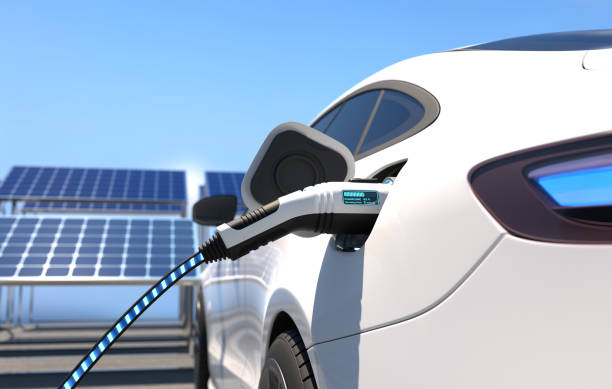The Era of Renewable Propane: A Clean Energy Revolution
Renewable propane, a relatively recent addition to the energy landscape, has quickly become a reality in the United States. In just three short years since the first significant amounts were sold to end-users in 2019, renewable propane has found its way into the market, making its presence felt in different states across the country. This… Continue reading The Era of Renewable Propane: A Clean Energy Revolution


